The Mental State of Expression: Generative AI and the Latent Mens Rea of Copyright
Abstract Artificial Intelligence has developed exponentially in recent years and has reached the point of creating pseudo-expressive content in areas previously only reserved for humans, ranging from writing, digital paintings, music, and much more. Termed “Generative A.I.,” these models are created at arresting speeds and competence levels. The content created by Generative A.I. has called […]
The Mental State of Expression: Generative AI and the Latent Mens Rea of Copyright Read More »
